Reppy Institute for Peace and Conflict Studies
Claire Clifford-Langenek
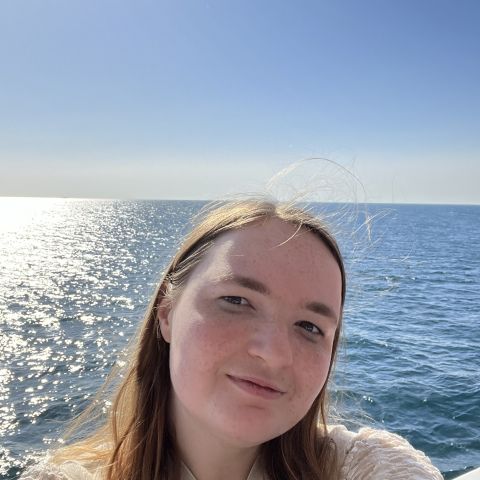
Student Administrative Assistant
Claire Clifford-Langenek is a junior Archaeology major and European Studies minor and works as a student administrative assistant for the Institute of European Studies. She also holds a Cornell Tradition Fellowship.
Additional Information
How Has War Shaped American Democracy?
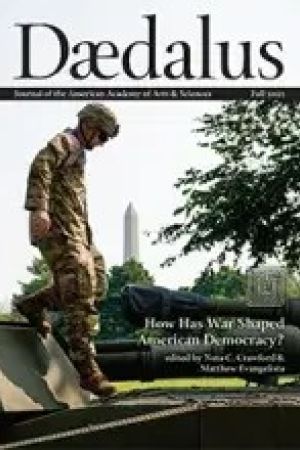
By Our Faculty
Other
Additional Information
Program
Type
- Other
Publication Details
Publication Year: 2025
Journal: Dædalus
Durand Line: Resolved for Pakistan, Ambiguous for Afghanistan
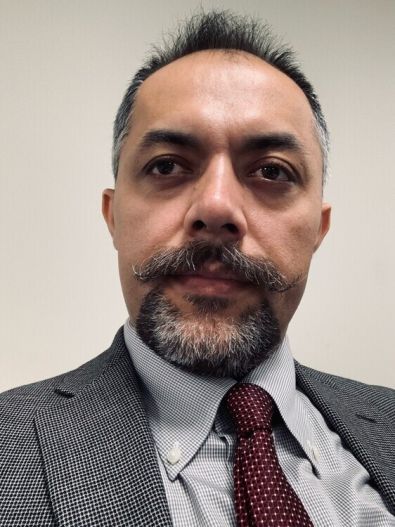
January 29, 2026
12:00 pm
Uris Hall, G08
In this chapter, I am examining the Pashtun nationalist claims in the context of the Afghanistan government’s historical resistance to officially recognizing the Durand Line. What has been the reaction of Afghanistan’s successive governments to the Durand Line? Can this resistance be characterized as a national reaction irrespective of the people’s ethnicity, language and religion?
Or would it be more accurate to describe it as a political project by the ethnocentric Pashtun ruling elites to unify Pashtuns and to maintain their monopoly on power?
This topic is important because the official position of the Afghan government on Durand Line has had both external and internal consequences, fostering geopolitical conflict with its eastern neighbor, Pakistan, as well as alienating its non-Pashtun citizens. If the problem persists, the current instability in Afghanistan will continue with its people paying the price.
Speaker
Sharif Hozoori has a PhD in International Relations from the Center for International Politics, Organization, and Disarmament at the School of International Studies, Jawaharlal Nehru University (JNU), New Delhi.
Currently, Sharif is a Visiting Lecturer in the Department of Government. His research focuses on Afghanistan politics and foreign policy, comparative politics, Central Asian and Middle Eastern affairs.
Sharif has authored several journal articles and book chapters in both national and international publications. His recent book, The Political Elites and Foreign Policy at Mullah Omar’s Emirate and Karzai’s Republic (in Persian), was published in 2024 but subsequently banned by the Taliban authorities. His most recent article, “Taliban 1.0 and 2.0 in Afghanistan: Same Policies, Persistent Vision,” appeared in the Journal of Strategic Studies in June 2025.
Sharif is presently working on two additional book chapters and one journal article. The current talk is based on his under-review book chapter contribution to Oxford University Press’s Oxford Handbook of South Asian Borders.
Host
Reppy Institute for Peace and Conflict Studies, part of the Einaudi Center for International Studies
Additional Information
Program
Einaudi Center for International Studies
Reppy Institute for Peace and Conflict Studies
South Asia Program
Cloudflare Outage Hits Hard Across the Web, but Recovery Is in Progress

Sarah Kreps, PACS
Sarah Kreps, director of the Tech Policy Institute at Cornell University, commented on the implications of internet infrastructure fragility for AI investment.
Additional Information
When AI Safety Isn’t Enough—Managing Risk at the AI/Nuclear Weapons Nexus
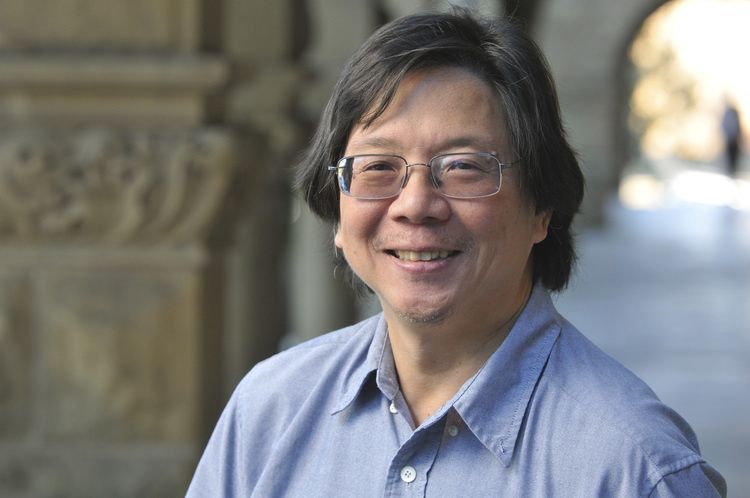
February 26, 2026
12:00 pm
Uris Hall, G08
Amidst many proposals to incorporate AI into some aspect of the nuclear enterprise, many efforts are underway today to improve the safety of AI so that its introduction into any given part of the nuclear enterprise does not pose undue risk. Yet it does not seem possible to reduce the risks of such introduction to zero. Given that point of departure, this talk will address various criteria to that can help the cognizant individuals to make some kind of assessment for the risk associated with the incorporation of a particular AI application into some aspect of the nuclear enterprise.
About the speaker
Herbert Lin is a senior research scholar at Stanford University's Center for International Security and Cooperation and a research fellow at the Hoover Institution. His work focuses on the national security impact of emerging technologies, especially digital technologies such as cyber, artificial intelligence, and influence operations. He directs and serves as editor-in-chief of the Stanford Emerging Technology Review (setr.stanford.edu). Lin is Chief Scientist, Emeritus for the Computer Science and Telecommunications Board of the National Research Council, leading key studies on public policy and information technology from 1990 to 2014. He served on President Obama’s Commission on Enhancing National Cybersecurity in 2016, was named a fellow of the American Association for the Advancement of Science in 2019, participated in the Aspen Commission on Information Disorder in 2020, and was on the Bulletin of Atomic Scientists’ Science and Security Board from 2016 to 2025. Previously, he was a professional staff member for the House Armed Services Committee, focusing on defense policy and arms control. Lin holds a doctorate in physics from MIT.
Avocationally, he is a longtime folk and swing dancer (and sometimes dance teacher), a very mediocre magician (https://www.youtube.com/watch?v=zqgpaiK1xh8), and a connoisseur of dim sum.
Host
Reppy for Peace and Conflict Studies, part of the Einaudi Center for International Studies
Additional Information
Program
Einaudi Center for International Studies
Reppy Institute for Peace and Conflict Studies
The Politics of Sexual Violence at South Africa’s Truth and Reconciliation Commission
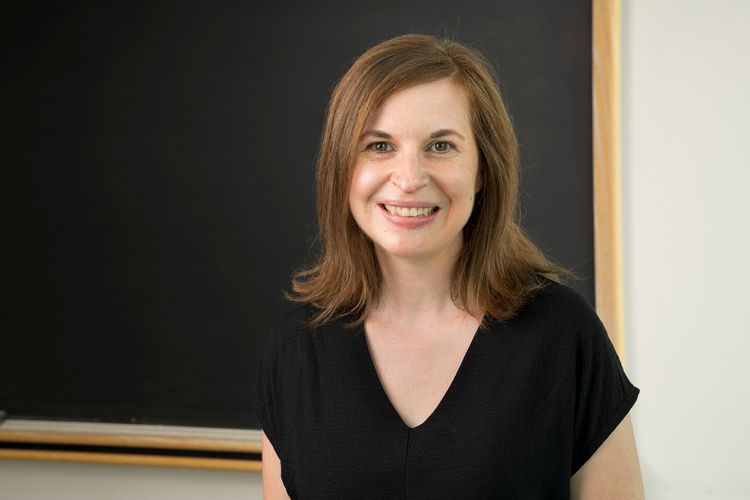
February 19, 2026
12:00 pm
Uris Hall, G08
In the late 1990s, as the hearings of South Africa’s Truth and Reconciliation Commission (TRC) began, stories of past abuse, including sexual violence, within the exiled camps of the African National Congress (ANC) emerged. Despite women alluding to or directly describing violence they had suffered within the ANC, ultimately the final report of the TRC made little reference to sexual violence or violence against women within the ANC. It instead focussed on ‘political’ violence, including torture and execution, meted out to members suspected of being (or found to be) spies. While officially gender neutral, this political violence was inescapably gendered male, as only male victims were discussed, and always within the frame of ‘political violence’, even when the torture they suffered had a sexual character. Women’s experiences were not investigated as political violence. This paper reads the TRC’s and ANC’s deployments of the concept of ‘politics’ to ask how these approaches frame or erase violence against women in the context of a political movement, and how particular violence is defined as ‘political’ or ‘intimate.’
Speaker
Rachel Sandwell is assistant professor in the Department of History at Cornell University. She works on the intellectual and social history of decolonization in southern Africa, with a particular focus on women and gender politics. Her first book, National Liberation and the Political Life of Exile: Sex, Gender, and Nation in the Struggle Against Apartheid, was published with Ohio University Press, New African Histories series in late 2025.
Host
Reppy Institute for Peace and Conflict Studies, part of the Einaudi Center for International Studies
Co-sponsor
Gender and the Security Sector Lab
Additional Information
Program
Einaudi Center for International Studies
Reppy Institute for Peace and Conflict Studies
International Monitoring and Domestic Accountability: Evidence from the United Nations Human Rights Council
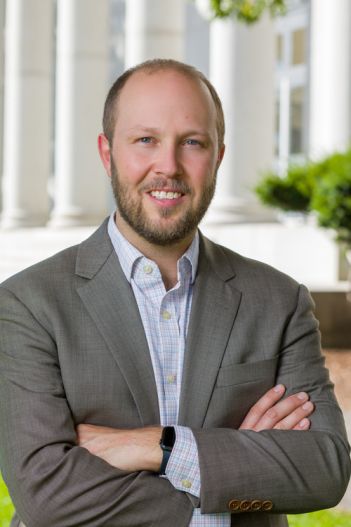
February 12, 2026
12:00 pm
Uris Hall, G08
This article examines how international monitoring affects legal accountability for human rights violations. International organizations often publicize human rights violations to pressure non-compliant states to change their behavior; however, recent research suggests that publicity can prompt intransigence or backlash, undercutting the advancement of human rights. Drawing on the sociological concept of reactivity, I argue that states respond to monitoring strategically: they adopt some visible accountability measures to signal their intention to comply, while also attempting to reduce the risk that future violations will be uncovered. To test this argument, I leverage a lottery used to determine the schedule of Universal Periodic Review, a human rights monitoring mechanism implemented by the United Nations Human Rights Council. Consistent with my argument, I find that monitoring increases the likelihood that political prisoners are released and that government officials are prosecuted for past violations, but decreases the likelihood that truth commissions are created.
Speaker
Averell Schmidt is an Assistant Professor in the Department of Government and in the Jeb E. Brooks School of Public Policy at Cornell University. He studies international relations, with a focus on the politics of international law and organizations. He received his Ph.D. from Harvard University in 2024, and joined Cornell in 2025 after completing a postdoctoral fellowship at Brown University.
Host
Reppy Institute for Peace and Conflict Studies, part of the Einaudi Center for International Studies
Additional Information
Program
Einaudi Center for International Studies
Reppy Institute for Peace and Conflict Studies
When Rivers Are Killed and Made to Kill: Fluvial Necropolitics and Emergent Solidarities in Militarized Bosnia

February 5, 2026
12:00 pm
Uris Hall, G08
When you follow the river, new constellations of the political come into view. This talk examines how rivers in Bosnia and Herzegovina become sites where the afterlives of war, the NATO‑brokered peace de/industrial complex, and global border regimes converge to produce fluvial necropolitics and new kinds of solidarities. Through three ethnographic scenes—military/industrial toxic dumping on the Neretva; refugee deaths and solidarities along the Serbian border on the Drina; and the lethal 2024 landslide on the Neretva—I show how rivers are simultaneously harmed, weaponized, and mobilized. Methodologically, I propose thinking from Bosnia, foregrounding a shared present that exceeds ethnic and national boundaries, and pairing ethnography with autoethnography to illuminate how people understand, endure, and resist the multi-scalar assaults on ecologies of living.
About the speaker
Saida Hodžić is an Associate Professor of Anthropology and Feminist, Gender, and Sexuality Studies at Cornell University and the organizer of the Refugees Know Things project. Her book The Twilight of Cutting: African Activism and Life after NGOs (2017) examines imperialism from the South. She studies and writes about the afterlives of war, dissent, survivance, and solidarity.
Host
Reppy Institute for Peace and Conflict Studies, part of the Einaudi Center for International Studies
Additional Information
Program
Einaudi Center for International Studies
Reppy Institute for Peace and Conflict Studies
Southwest Asia and North Africa Program
How the U.S Achieved its De Facto Nuclear Test Ban
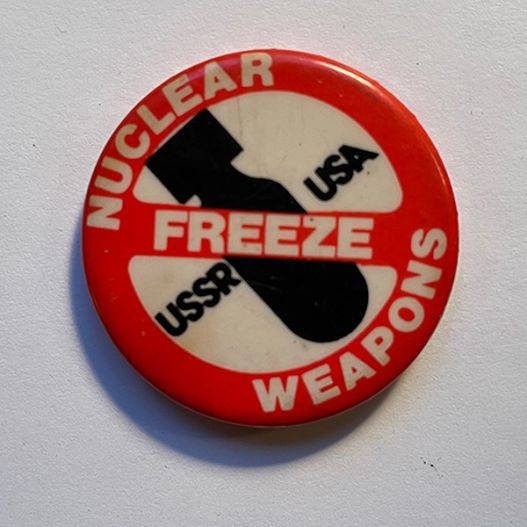
David Cortright, PACS
how citizen activism and legislative pressures led to the United States' current nuclear moratorium—and why they will be needed again to preserve it.
Additional Information
World in Focus: Gaza–Israel Conflict: Regional and International Impacts

November 11, 2025
4:00 pm
Uris Hall, G08
Join Einaudi Center experts for World in Focus Talks on global events in the news and on your mind. Our faculty's research and policy insights put the world in focus.
This year we’re hosting informal campus discussions on many Tuesday afternoons. This week’s topic:
The Gaza–Israel conflict escalated dramatically in October 2023, following Hamas's attack on Israel and Israel's subsequent military campaign in Gaza. After intense fighting that caused massive Palestinian casualties and displacement, a ceasefire and the outline of a peace agreement have been announced. These events will have far-reaching consequences for the region and the world: heightening political and security tensions in the Middle East, disrupting international humanitarian and legal systems, and straining international relations.
How is the Gaza–Israel conflict transforming the Middle East and challenging the international order?
***
Featured Speakers
Sandra Babcock (SEAP) | Law SchoolAlexandra Blackman (SWANA) | GovernmentEsam Boraey (PACS, Migrations) | GovernmentPeter Katzenstein (IES, PACS) | GovernmentJoseph Margulies (PACS) | GovernmentJake Silver | Near Eastern StudiesChantal Thomas (IAD) | Law School
***
Conversations Matter at Einaudi
This conversation is hosted by the Mario Einaudi Center for International Studies and its regional and thematic programs. Find out what's in store for students at Einaudi!
Additional Information
Program
Einaudi Center for International Studies
Reppy Institute for Peace and Conflict Studies
East Asia Program
Southeast Asia Program
Latin American and Caribbean Studies
Institute for African Development
Institute for European Studies
South Asia Program
Migrations Program
Southwest Asia and North Africa Program
